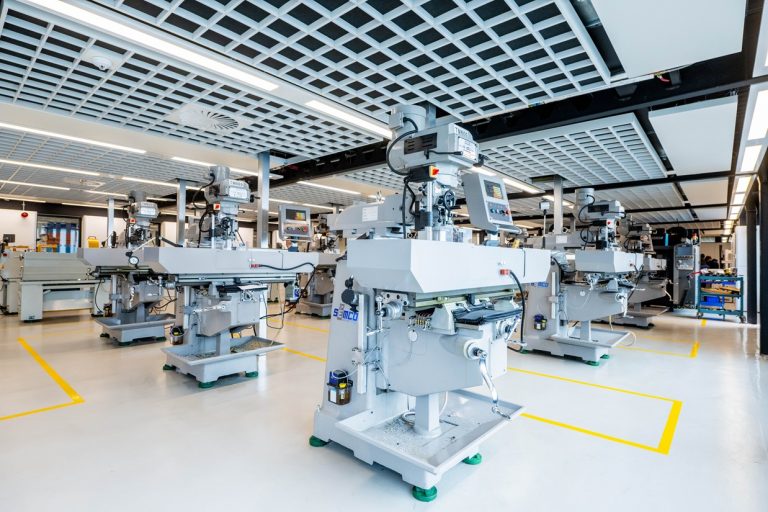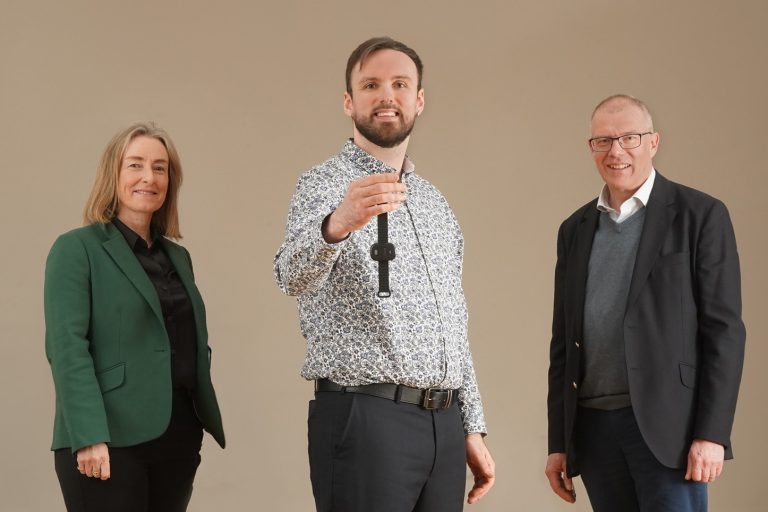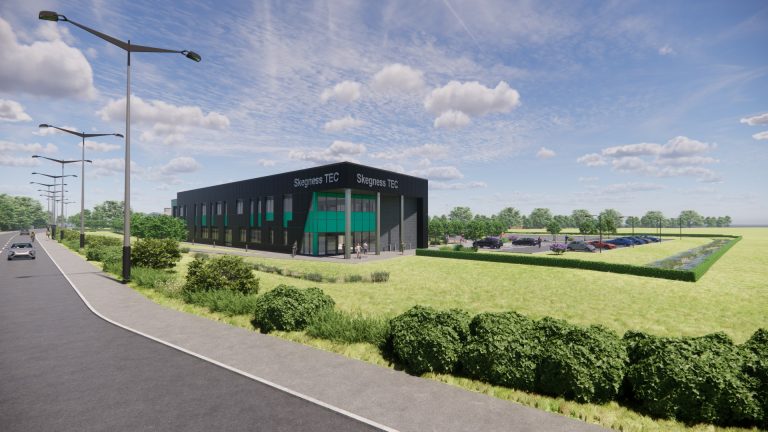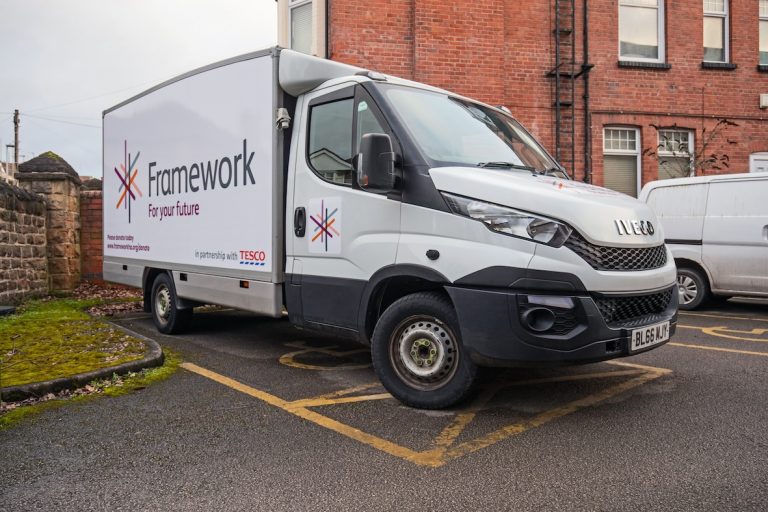Ryan Grant and Chris Pole from Interpath Advisory were appointed joint administrators to Golden Castle Caravans Limited and Robinsons Caravans Limited on 11 March 2024 and 14 March 2024.
Both companies are part of the Robinsons Caravans group which retails caravans and motorhomes from dealerships located across the Midlands and the South West.
Based in Twigworth, Gloucester, Golden Castle Caravans Limited sells new and used caravans and motorhomes, including from some of the UK’s leading manufacturers.
Robinsons Caravans Limited sells new and used caravans and motorhomes from two sites in Chesterfield, Derbyshire, and Worksop, Nottinghamshire.
While certain companies across the Robinsons Caravans group have been historically profitable, others have experienced lower than expected sales volumes in the wake of the cost-of-living crisis and pressure on household disposable incomes. This in turn served to place financial pressure on the wider group, which in recent times had become increasingly unsustainable.
As a result of these mounting pressures, the directors sought to undertake a review of their investment, refinance and sale options. When it became clear that a solvent solution could not be found, they took the decision to seek the appointment of administrators.
Immediately following their appointment, the joint administrators sold the business and assets of Golden Castle Caravans Limited to Gloucestershire Leisure Limited, a connected party by virtue of one of the directors. Seventeen members of staff have transferred to the purchaser as part of the transaction.
Separately, following their appointment to Robinsons Caravans Limited, the joint administrators sold certain of the business and its assets to a Storebon Holdings Limited, part of the Couplands Caravans group. Nine members of staff based at the Robinsons Caravans site in Worksop have transferred to the purchaser as part of the transaction.
The Robinsons Caravans site in Chesterfield, however, is not included in the transaction and as a result, will close with immediate effect. Consequently, 16 members of staff have been made redundant. The joint administrators will be providing support to all those impacted by redundancy, including assisting with claims to the Redundancy Payments Service.
Ryan Grant, managing director at Interpath Advisory and joint administrator, said: “These have been testing times for many businesses across the leisure sector as a result of high cost inflation and fragile consumer confidence. We are pleased to have secured these two transactions which safeguard the future of Golden Castle Caravans and the Robinsons Caravans operations in Worksop.”












